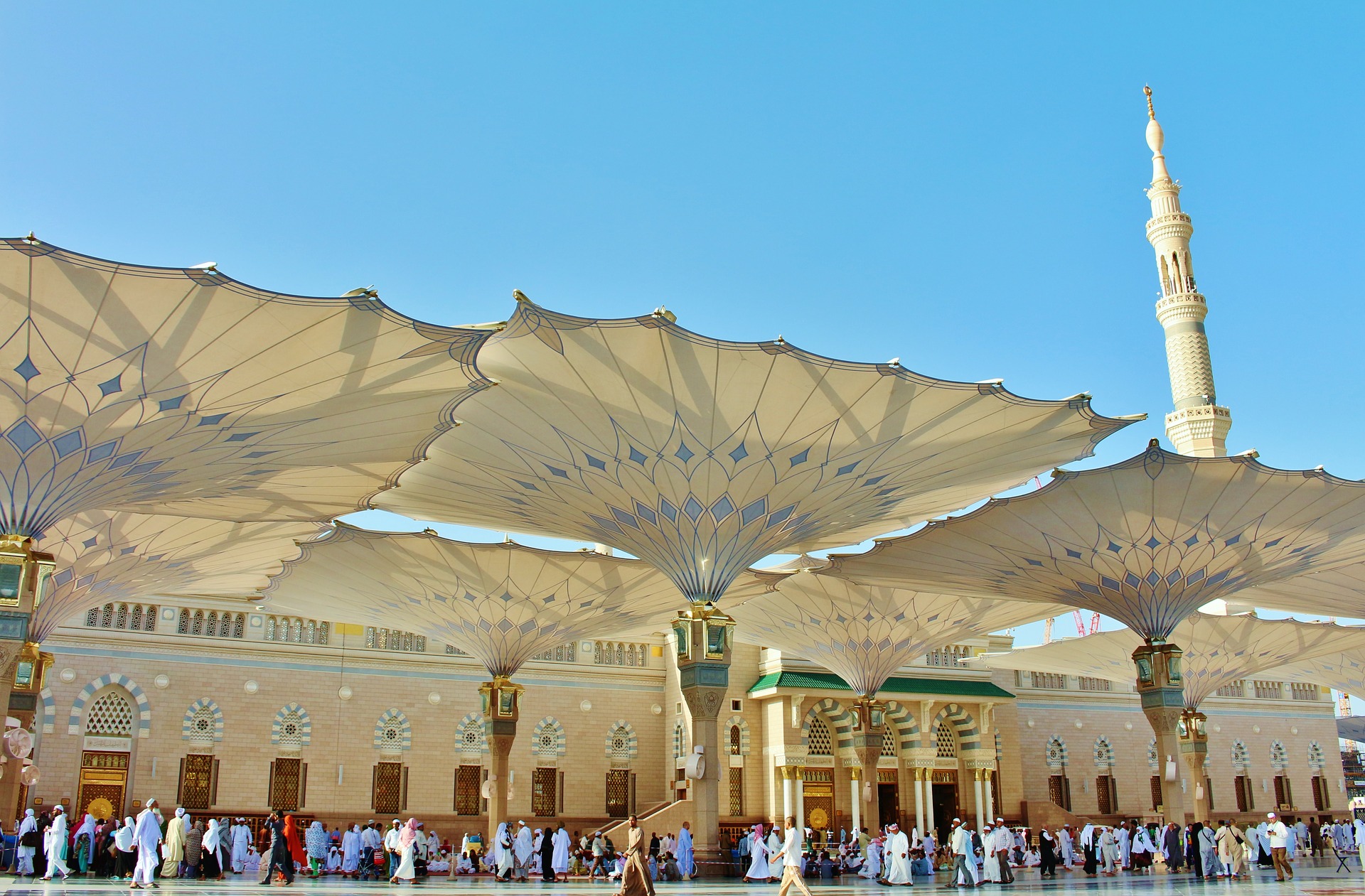Saudi Arabia ranked 30th worldwide in overall quality of infrastructure as of 2017, according to TCdata360. Since then, the kingdom has announced several different plans and initiatives to boost infrastructure spending and develop critical projects to alleviate its economic dependency on the oil and gas sector.
In January 2019 Crown Prince Mohammed bin Salman announced an ambitious public-private fundraising partnership to raise $425 billion for investment in airports, railways, and industrial projects over the following decade.
This investment, known as the National Industrial Development and Logistics Program, involves the development of an industrial park along the Persian Gulf coast, the construction of 1,200 miles of railway, and the renovation of five airports. When announced, the program was expected to create 11 new industries and add $320 billion to the kingdom’s economy by 2030.
Furthering its efforts to revitalize and improve its infrastructure, Saudi Arabia launched the National Infrastructure Fund (NIF) in October 2021. The $53.3 billion fund will invest in water, energy, health, and transportation projects over the next decade.
1. Investing in Diverse Sectors
Saudi Arabia’s infrastructure investment needs are “vast,” according to National Development Fund governor Stephen Groff. The NIF, specifically, will be used to fund the construction of new hospitals, transport networks, and academic institutions. It will also help boost the kingdom’s logistics capacity.
Saudi Arabia has the best healthcare system in the Arab world, according to the research group Cybermetrics Lab. However, there is plenty of room for improvement considering its robust economy and world rankings. In 2020 CEOWORLD magazine’s Health Care Index placed the kingdom’s healthcare system No. 55 out of 89 national networks. It was behind countries such as Slovakia, Indonesia, Costa Rica, and Latvia.
The Dr. Sulaiman Al Habib Medical Services Group is carrying out a major construction project designed to boost Saudi Arabia’s healthcare system. In August 2021 the group awarded a $138 million mechanical, electrical, and plumbing contract to Masah Construction for the North of Riyadh Hospital project. The 141-bed hospital is expected to open in 2023.
In January 2021 the kingdom initiated the first phase of a public-private partnerships program to construct more than 4,000 new schools. It’s unclear yet whether the NIF will support these projects.
2. Partnership with BlackRock
BlackRock, the world’s largest fund manager with more than $9 trillion in assets under management, is overseeing the operation of Saudi Arabia’s NIF. The kingdom hired the United States manager to operate the fund in October with the mandate of upgrading infrastructure to attract additional foreign direct investment and develop Saudi Arabia as a regional economic hub. BlackRock also invests in infrastructure projects worldwide, but it doesn’t intend on investing in the NIF.
BlackRock already has a working relationship with Saudi Arabia. The fund manager launched an office in Riyadh in 2019 to capitalize on Crown Prince Mohammed’s ambitious plans for economic reform. It also manages Saudi Arabia’s Public Investment Fund (PIF) which, at $450 billion, is among the largest sovereign wealth funds in the world. It has established 35 companies in 13 sectors and created more than 330,000 jobs.
“This is a long-term partnership to be able to build and operate a world-class development finance institution,” commented Yazeed Almubarak, head of BlackRock Saudi Arabia. “It will involve hiring and bringing expertise from our global network of offices and teams to bring this partnership to bear.”
3. Under the Umbrella of the National Development Fund
In addition to the PIF, Saudi Arabia operates the National Development Fund (NDF), which was created in 2017 to bring together multiple economic development funds previously associated with different ministries and agencies. The NDF is the parent fund of the NIF and includes supervised development funds such as the Tourism Development Fund, the Agricultural Development Fund of Saudi Arabia, and the Cultural Development Fund.
The NDF is chaired by Crown Prince Mohammed and is a key component in Saudi Arabia’s plans to diversify its economy via Vision 2030, which promises a thriving economy and vibrant society. The NDF also includes the Small and Medium Enterprises Bank, which was approved by the kingdom’s cabinet in February 2021 to support small and medium businesses.
4. Announced Ahead of FII-5
Saudi Arabia strategically announced the NIF the night before the start of the Future Investment Initiative Institute’s FII-5. The three-day event took place from October 26 to 28 at the Ritz-Carlton and King Abdulaziz International Conference Center (KAICC) in Riyadh and involved special sessions on topics such as “The Challenges of Our Time: Why We Must Invest in Humanity,” “New Social Contract: The Evolving Role of Business and Government,” and “Banking on the Future: The Outlook for Financial Institutions in the GCC and Beyond.”
HE Mohammad al Tuwaijri, vice-chair of the NDF, officially introduced the NIF in a 15-minute press conference at KAICC during the first day of FII-5. He was joined by Groff and BlackRock chair and CEO Larry Fink.

